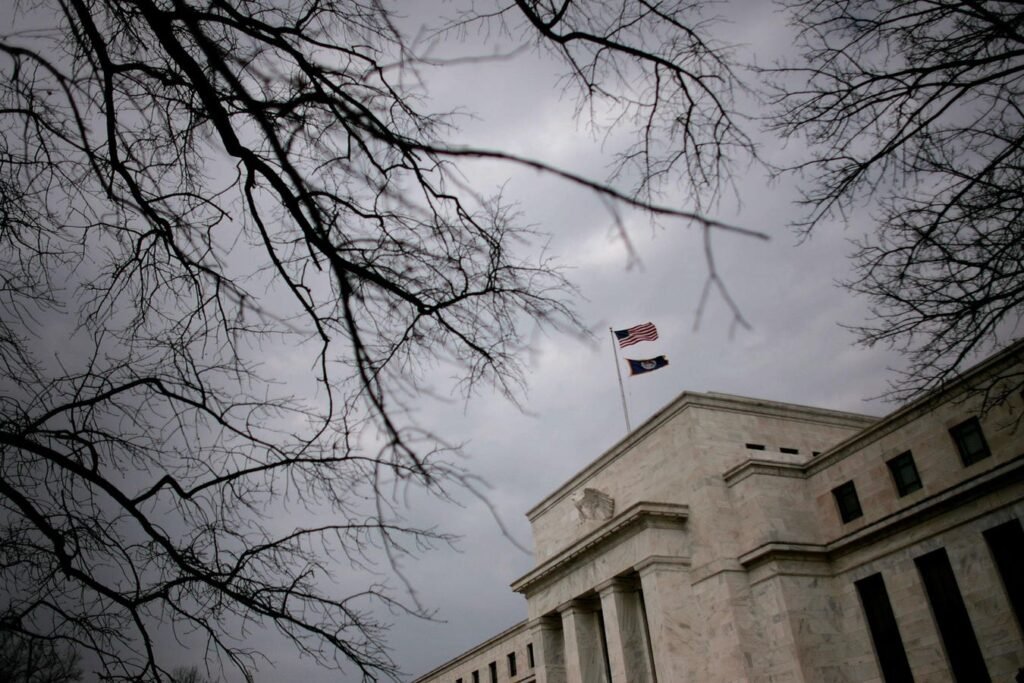The Federal Reserve’s actions over the past two decades have created significant damage to both the financial system and people’s understanding of capitalism. By constantly overriding market-determined interest rates and keeping rates below inflation, the Fed has punished savers and investors who deserve fair returns. Inflation should be fully compensated for, along with a real return to account for risk. The Fed’s cheap money policies have led to reckless behavior and wasted capital resources, ultimately harming the economy.
Former Fed Chair Powell’s late recognition of the inflationary consequences of his Covid policies has left many struggling to make ends meet as inflation continues to rise. The Fed’s actions have further exacerbated the issue, with no easy solution in sight. It is essential for the Fed to stop setting interest rates and allow capital markets to operate freely. Economists must also recognize their limitations and seek pragmatic solutions to address the current inflation crisis.
Additionally, the President and Congress must stop relying on the Fed for cheap money to fund their spending initiatives, as this perpetuates inflationary pressures. It is crucial to combat inequity, as it leads to envy, fear, hate, and despair among the disadvantaged. Historical examples such as Presidents Roosevelt, Eisenhower, and Reagan demonstrate the need for strong leadership and sound strategies to address economic challenges and foster growth.
Moving forward, it is imperative to seek solutions that address the root causes of inequity and inflation, rather than relying on unsustainable policies that only exacerbate the problem. By promoting fair returns for investors, allowing for market-driven interest rates, and implementing sound economic policies, the economy can begin to recover from the damaging effects of inflation and inequity. It is time for a concerted effort from policymakers, economists, and leaders to address these pressing issues and restore stability to the financial system.











